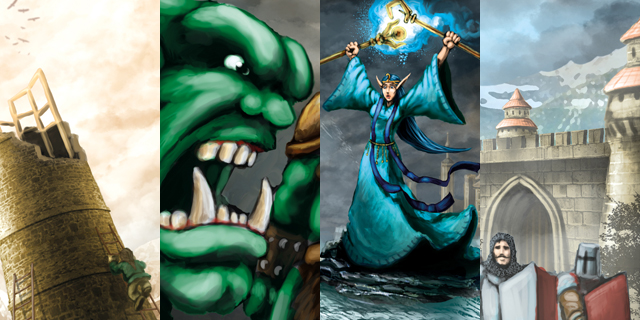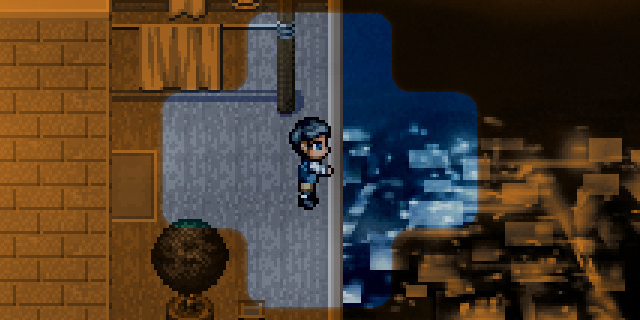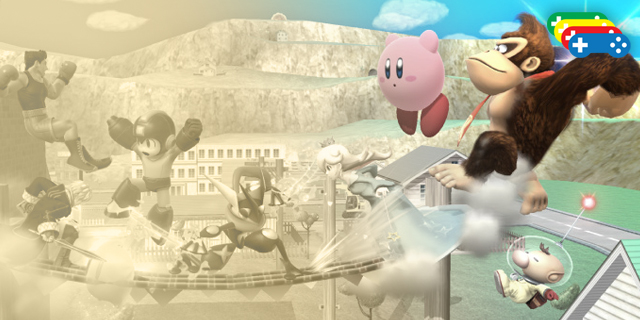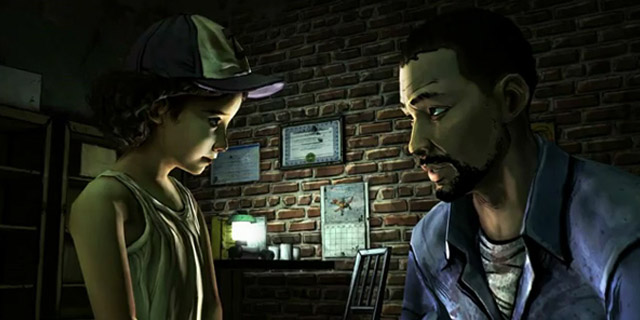
I am sitting in my boring room, not listening to anything at all. I put myself in a blank stasis, to figure out if silence can be deafening and seeing nothing can be a beautiful sight. I fail to answer those questions, quickly. Whether it’s because I’m a slave to stimulation, or thoughts of gorgeous aesthetics and catchy tunes are too much to resist, I’ll never know. Specific songs creep in and force me to remember things that matter, things that don’t and all things in-between. READ MORE

The “4X” (explore, expand, exploit and exterminate) genre is one more familiar and accessible to PC gamers (e.g., Civilization, StarCraft) than it is to the cardboard crowd. The most well-known 4X board games are usually epic, sprawling affairs like Twilight Imperium, Age of Empires, Eclipse or even Civilization: the Board Game. These games have their devotees, but turn away many with their intensive session times, excessive number of pieces, intricate rules, or any number of other factors.
Combining traditional 4X gameplay with the recent design trend towards “micro-games” — games with minimal components that can be played in under 20 minutes — has resulted in Scott Almes’s Tiny Epic Kingdoms, published by Gamelyn Games (Dungeon Heroes). TEK actually has a play time of about half an hour, but that’s still at least one-eighth the time commitment of a normal 4X so the “micro” label still fits. But can you really condense 4X gameplay into a box the size of about two DVD cases stacked on top of each other? READ MORE

It can be easy to forget how tough telling a compelling story in a video game can be. Some games do it brilliantly, like last year’s Brothers: A Tale of Two Sons, but others tend to struggle. Sometimes telling a story within an interactive medium requires sacrificing some of the gameplay in order for the narrative to stand front and center. Kan Gao, the creator of one of my favorite games, To the Moon, fully understands this. No one will call it a masterwork of game design, but few can deny the impact of its story.
In lieu of a proper review, I thought I would take the time to talk about Kan Gao’s latest title, A Bird Story. Although it features no dialogue and is a lighter story than To the Moon, it’s a yet another prime example of finely-crafted interactive fiction.
READ MORE

There are increasingly more options for those looking to play some local multiplayer sessions, but sometimes you just want to settle down to something familiar and comfortable. Eventually, though, those games start to lose their appeal, as you exhaust all of the game’s options and generally run it into the ground. In this edition of Multitap, I’m talking about ways to breathe new life into those old experiences, and even provide some much-needed variety to extend the lifespan of newer games well before they get to that point. READ MORE

Serotonin’s criteria are simple: did a video game connect with me on an emotional level? Did it make me happy? Sad? Angry? Confused? Bored? Thrilled? As long as I remember it in a meaningful way, it doesn’t matter what the game is. I’ve been pondering lately if the emotional connection is tied to a specific aspect of a game. Am I more moved by musical scores, or do I find peace in gazing upon a particularly beautiful level?
I used to think the ultimate satisfaction came through gameplay. Was I comfortable with the jumping sections? Did the controls help or hinder my progress? How did beating each level make me feel? These are questions I ask myself frequently. It’s a sign of a great game when it connects with me purely through its gameplay. Isn’t that what a video game should be? Games are an experience you control; you are in charge of the progression. You tell your own story, you create your own struggles and triumphs through your own, personal input. Nothing else matters if the gameplay is subpar.
But then came Telltale’s The Walking Dead, and my supposed unshakable foundation of game philosophy was disrupted in a wonderful way.
READ MORE
























